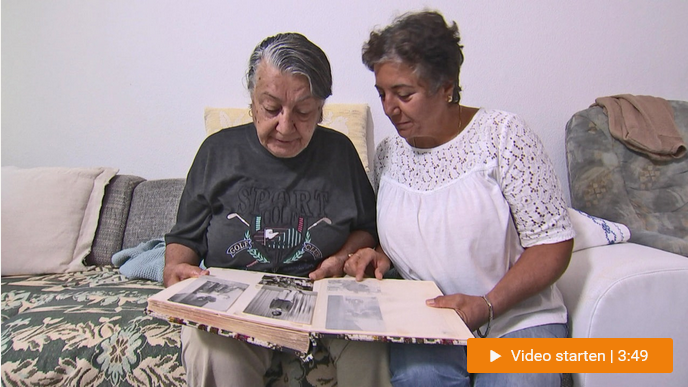What support is there for migrants who suffer from dementia and their relatives? Buten un Binnen reports (in German) on our M-Gender project.
The M-Gender project stands for "Mental Health and Gender - Development and testing of a digital intervention for health promotion among informal caregivers". Even though caring for relatives is often perceived as enriching or meaningful, it can be stressful for the caregiver. Although informal care is primarily provided by women, men are also increasingly taking on more caregiving responsibilities. For many people, informal caregiving is associated with impairments to caregivers’ health and well-being. These impairments are sometimes perceived differently by women and men, which suggests different needs in terms of health promotion.
The M-Gender project aims to identify central needs and requirements for a health promotion program for informal caregivers. For this purpose, we conducted personal interviews with caregiving women and men. The results were incorporated into the development process of a digital intervention to promote mental health among informal caregivers. The development of the intervention took place in regular workshops with users, researchers, and representatives of associations, self-help groups and healthcare providers who are committed to informal caregiving. The M-Gender project is financed by the GKV Alliance for Health and carried out in association with the Institute of Public Health and Nursing Research (IPP) by the Leibniz-Institute for Prevention Research and Epidemiology - BIPS.







